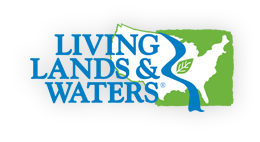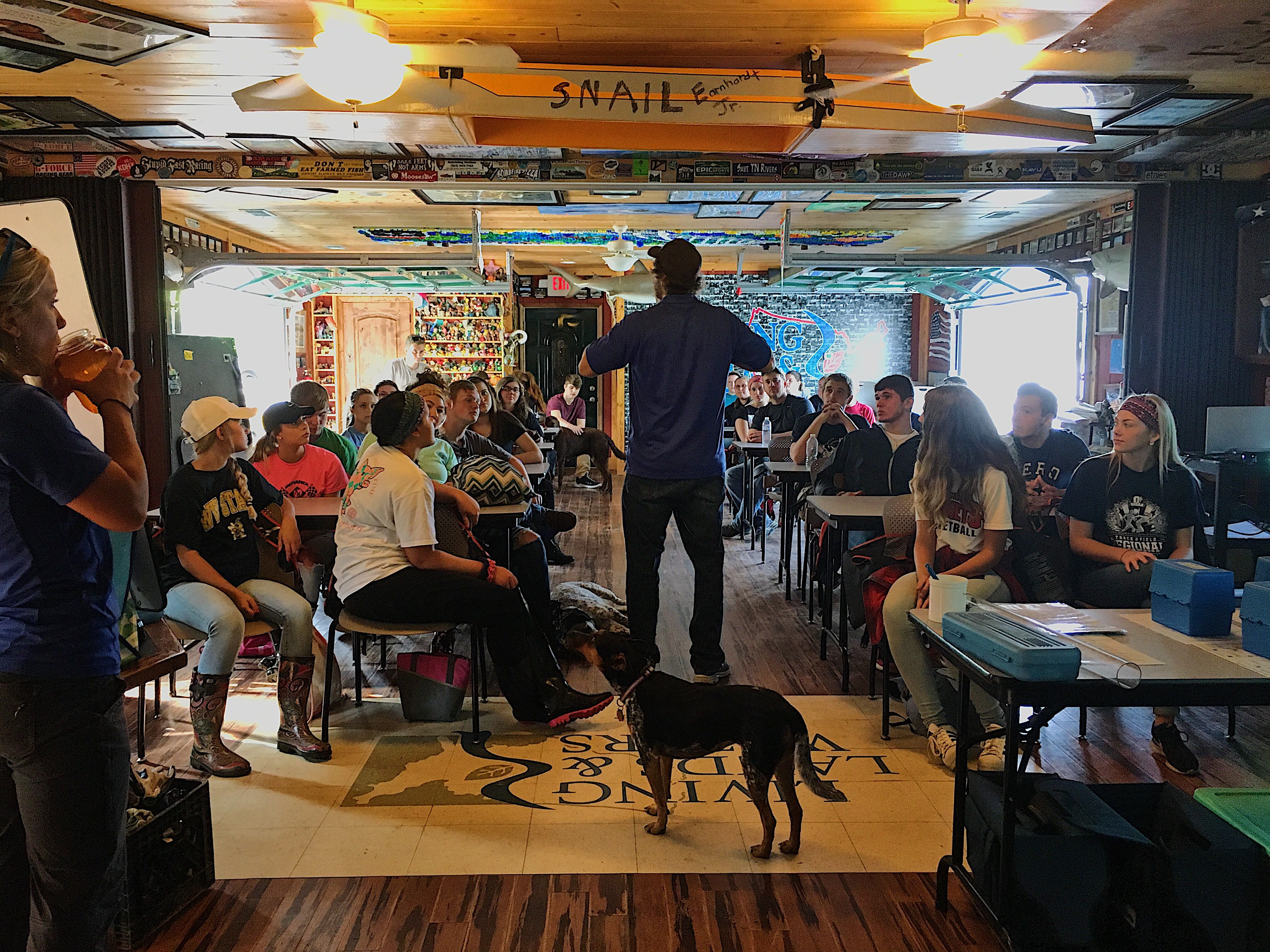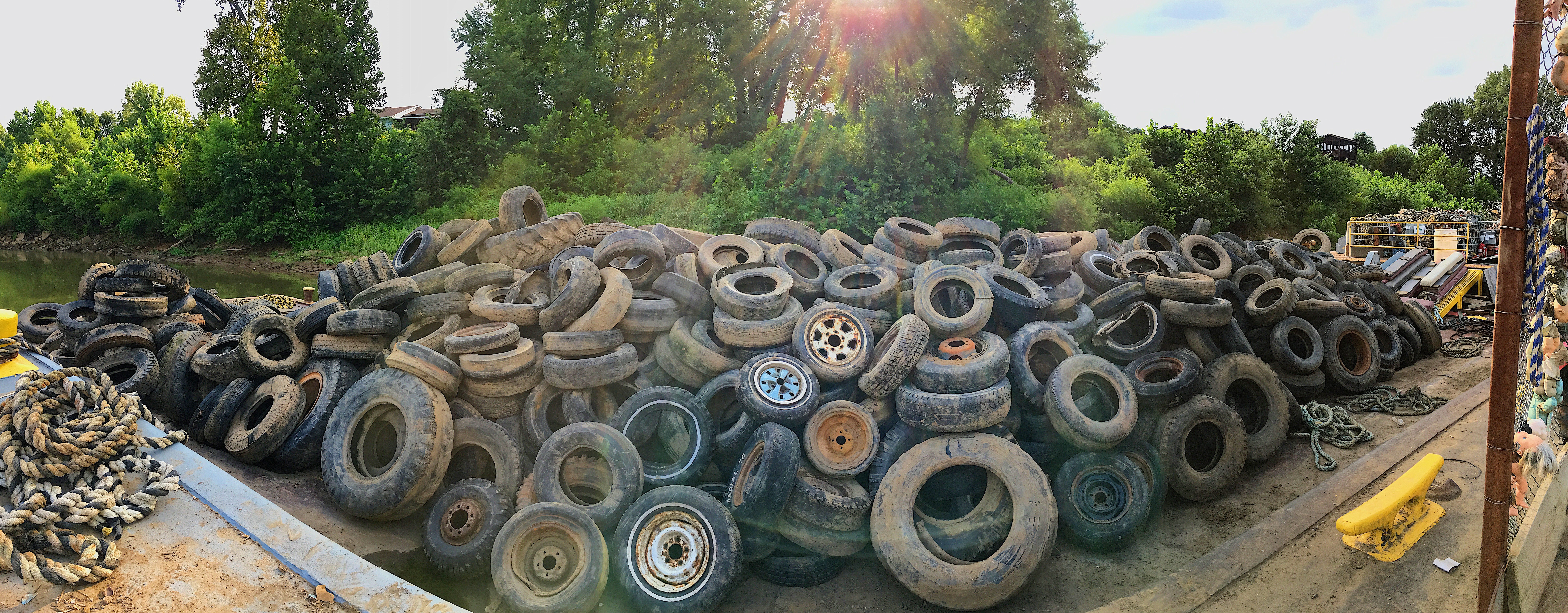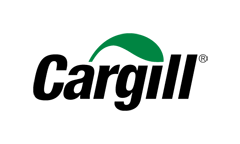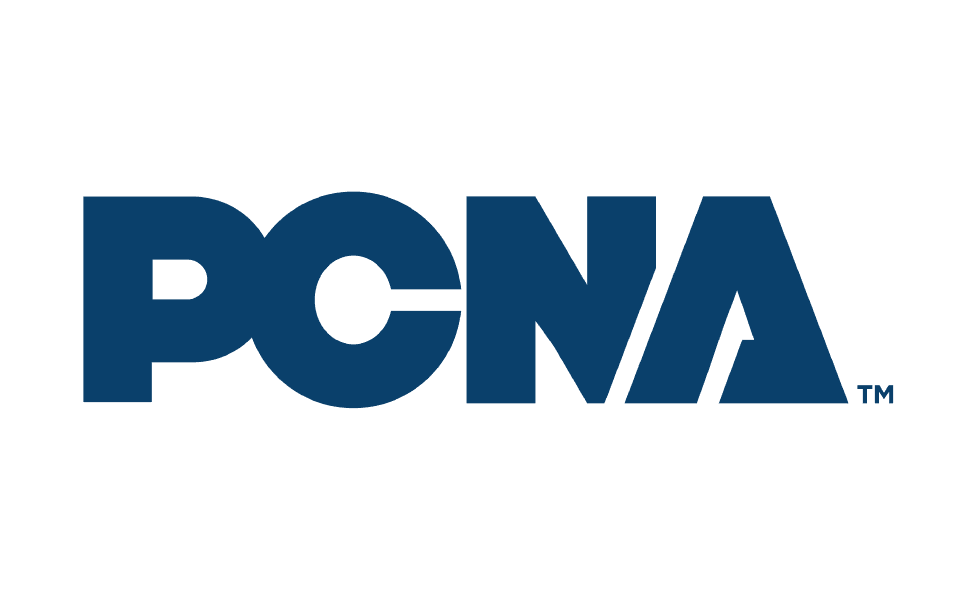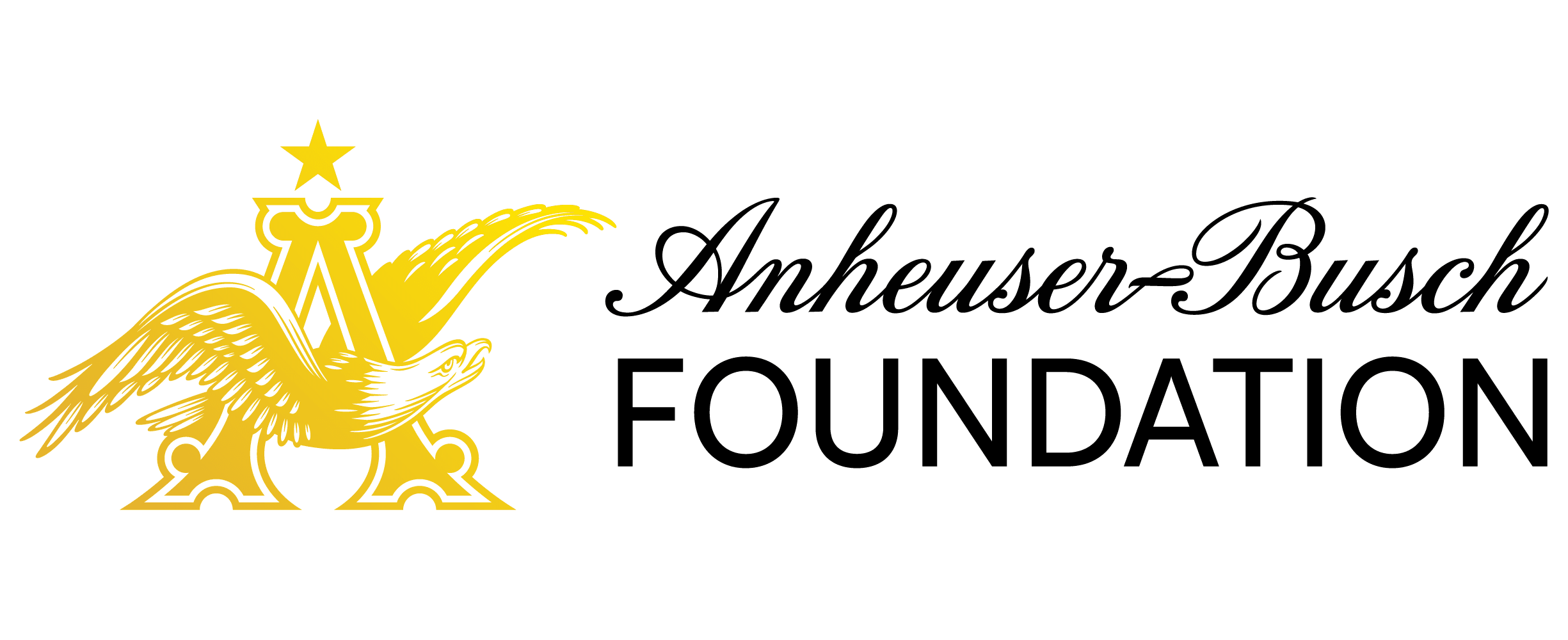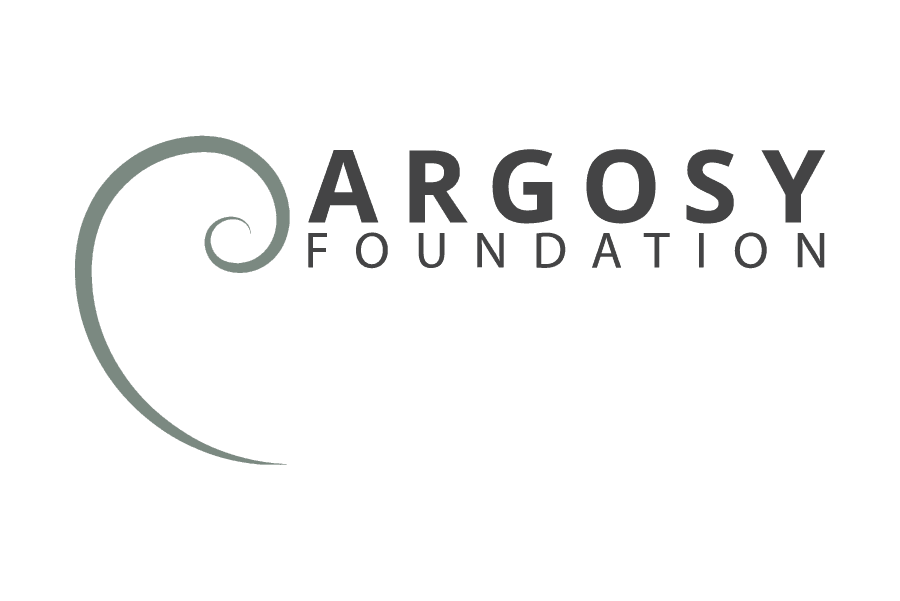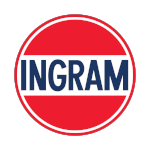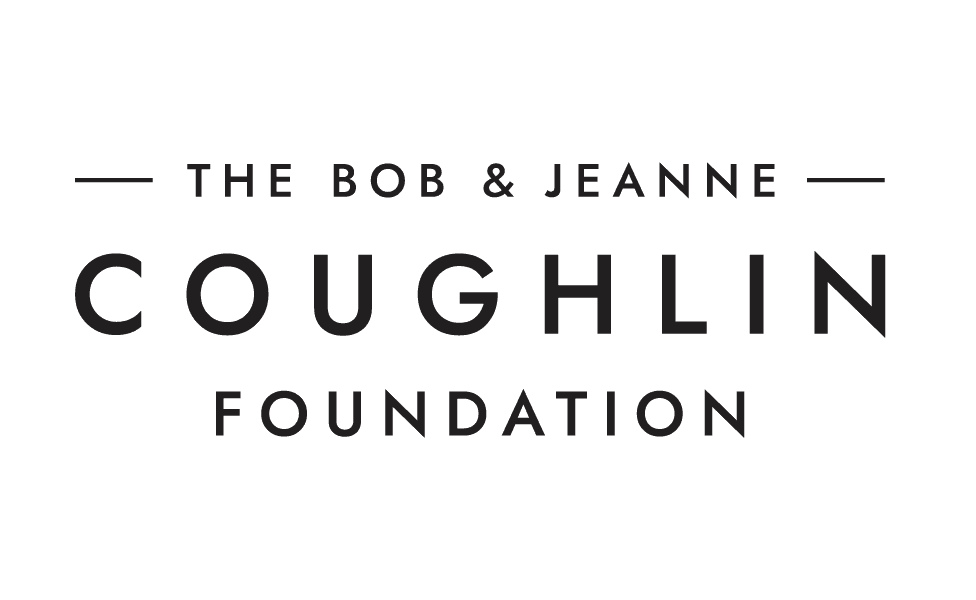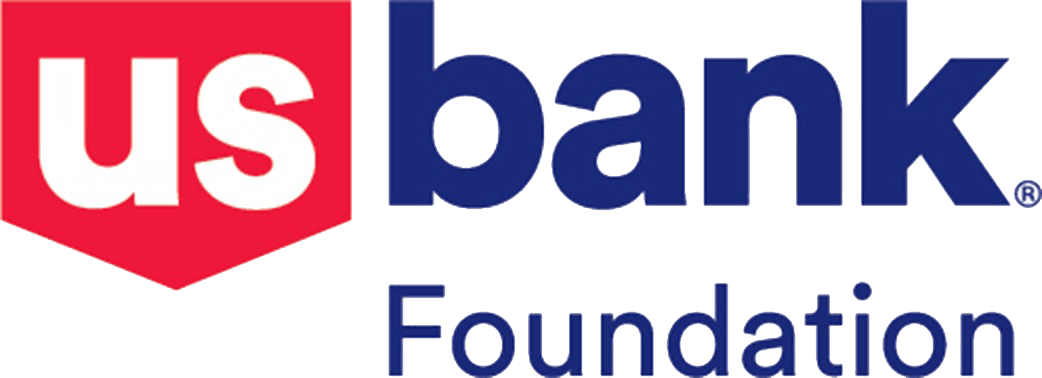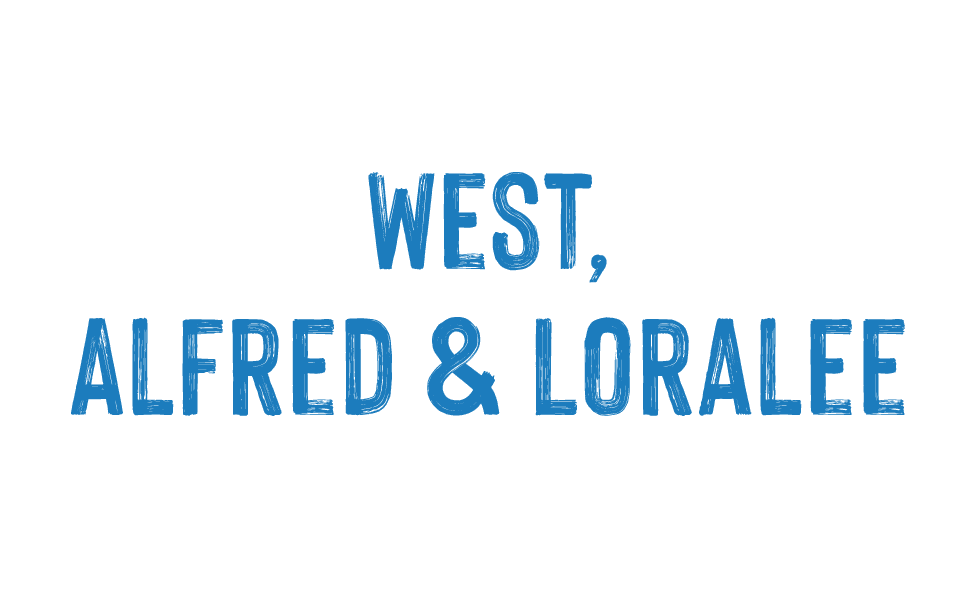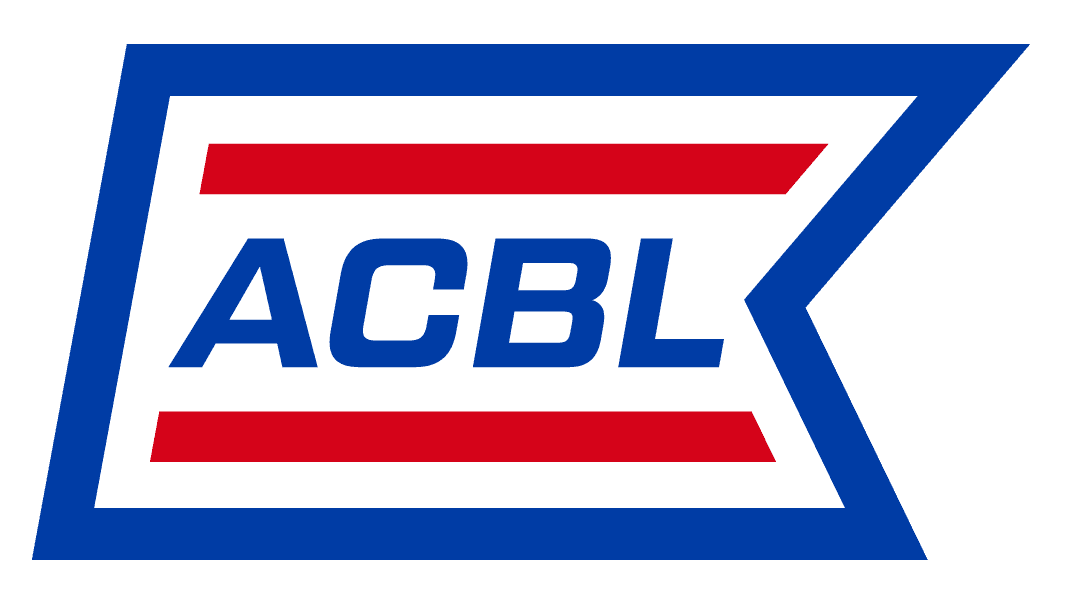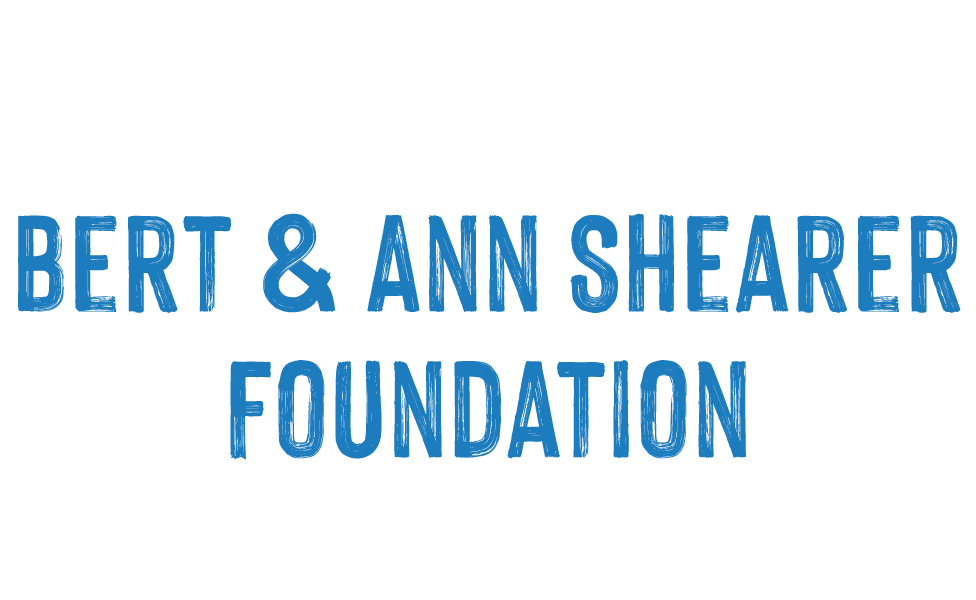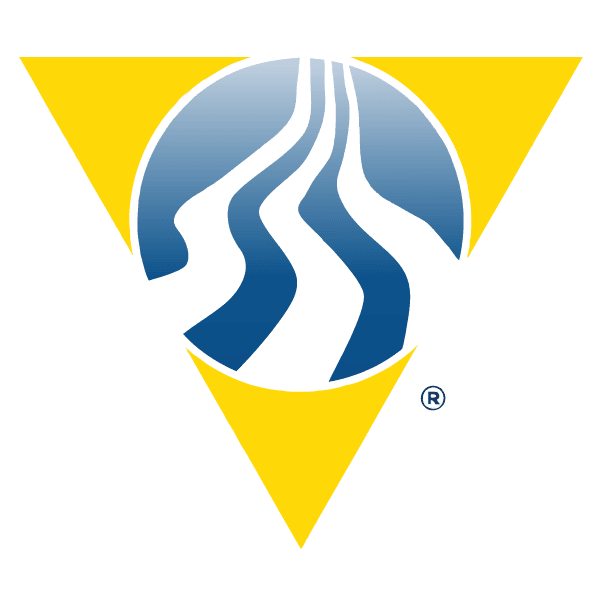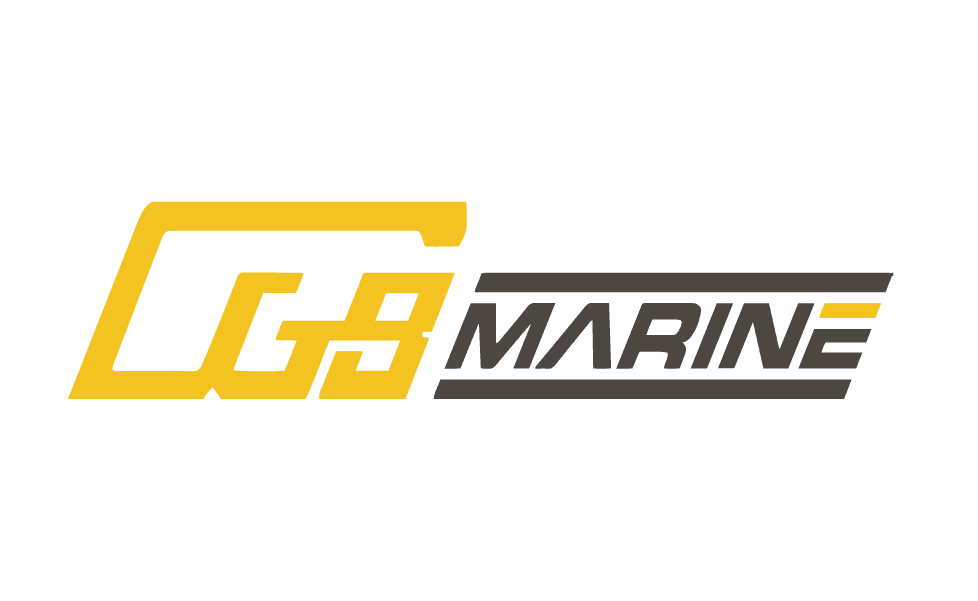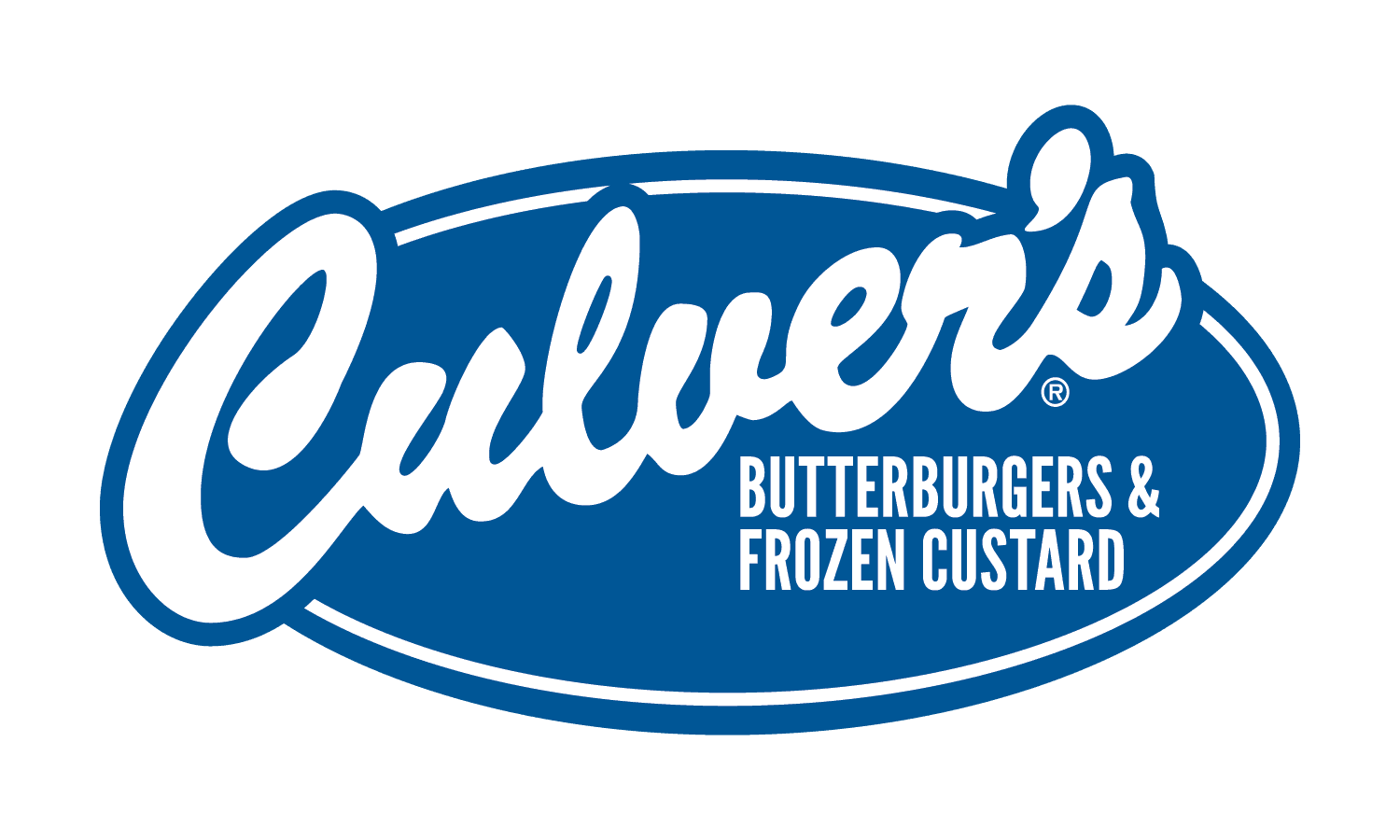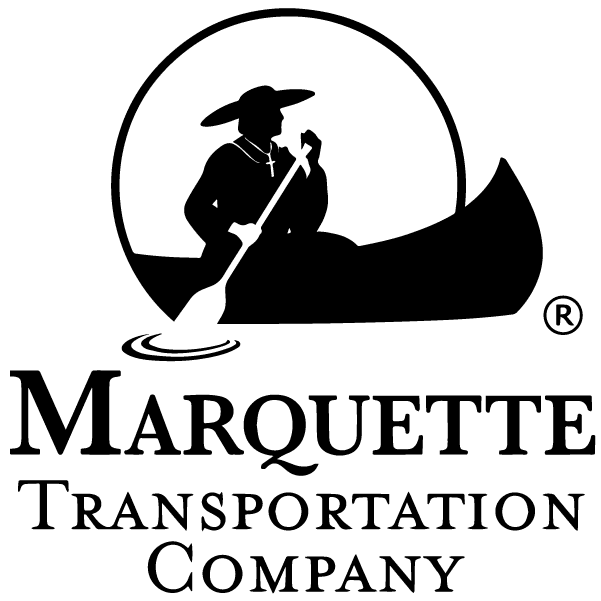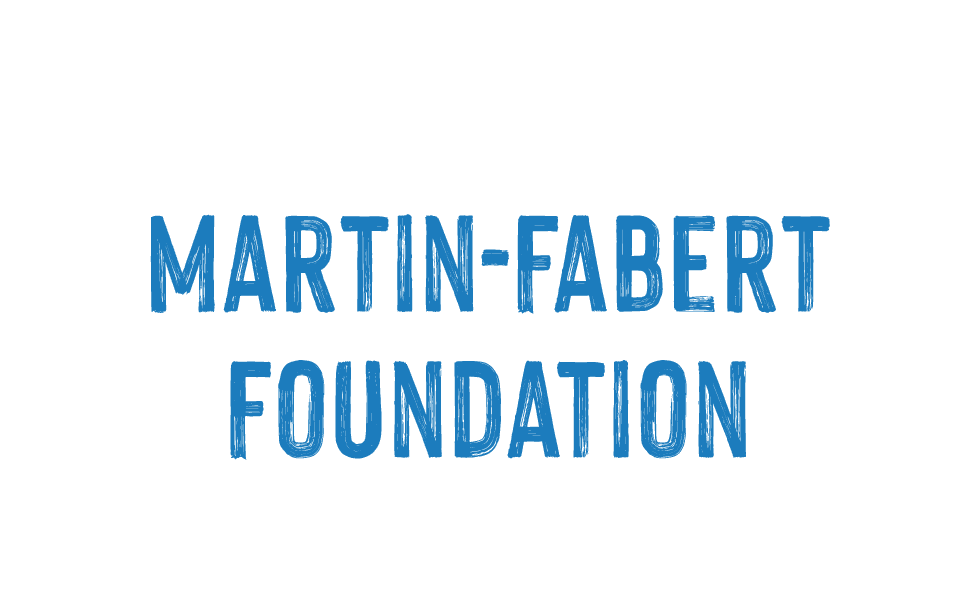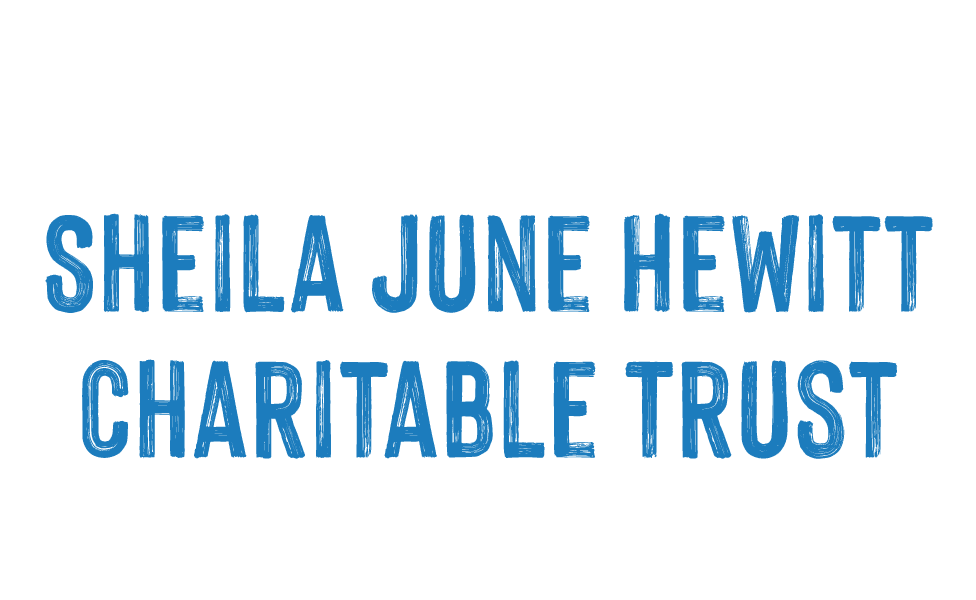How Plastic is Making History + Simple Things You Can Do To Help
Article 4 - March 1, 2019
Written by Meghan Elgan
Do you find yourself overwhelmed at a store with all of the options for cheese, vegetables, fruits or breads? Have you ever wondered why everything, even fresh produce, is wrapped in plastic? Or how you can leave the store with less plastic in your shopping cart? If so, then this blog is for you!
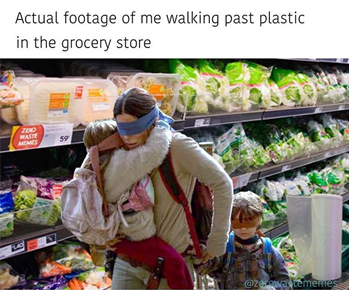
THE HISTORY OF THE EARTH
Humans have roamed the planet for a relatively short time given how long Planet Earth has been around. In fact, if the history of our planet was shrunk into 12 hours, humans would have only been around the last two seconds!
The Anthropocene epoch is the purposed period in which humans have made a significant impact on the planet. Evidence includes accelerated extinction rates in species, doubled nitrogen and phosphorous in the soil from agriculture practices, increased levels of atmospheric CO2 and plastic pollution in our waterways. While a new epoch is being evaluated by scientists, it doesn’t take one to see the problem of plastic pollution in our waterways when you’re out on a cleanup with Living Lands & Waters.
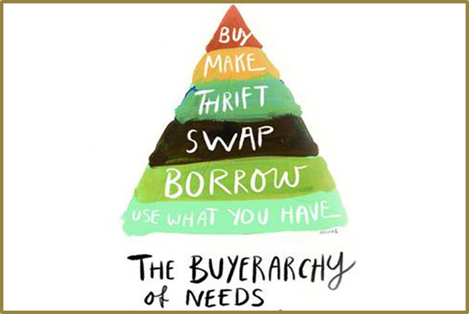
THE HISTORY OF PLASTIC
Plastic will forever be a part of our history and that is the problem. It is the number one thing our crew and volunteers retrieve during our river cleanups and, besides other chemical pollutants, it’s the longest lasting, too. First making its debut in 1907, every single piece of fully synthetic plastic ever made STILL exists somewhere on Earth. It never goes away but instead breaks down into smaller pieces which animals easily confuse for food. As it floats like a toxic sponge on the surface on the water, it collects other chemical pollutants, too. Combined with the overexploitation of our natural resources, it’s easy to feel like doomsday is approaching.
HOW YOU CAN MAKE HISTORY
So, with that knowledge in tow, what can we do about it? How do we prove to our children and grandchildren that we did all that we could to keep their water clean? We get this question a lot, and for good reason! People want to see change and are making it happen. The good news is, change starts with you and it starts at home. It doesn’t start as a global movement. As our fearless leader likes to say, “All you have to do is change your world; that is how the world changes.”
There are a plethora of ways we can all make the planet a better place and this blog starts with one simple concept; reducing waste via consumerism. It’s easy with the right mindset and, bonus, it’s easy on the budget. It starts with being mindful of your purchases. Sarah Lazarovic sums it up beautifully with “The Buyerarchy of Needs.”
Questions to ask yourself before making purchases:
"Do I really need it?"
"Would I die without it?"
"Do I already have something similar?"
"Can I make this myself?"
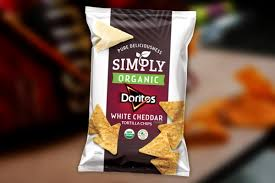
Consumerism vs. Conscious Consumerism
Consumerism can get downright impulsive so taking a second to evaluate your needs is helpful and will turn you into a savvy consumer. Buying second-hand, for example, is extremely Earth-friendly and also inexpensive. As with anything, practice makes perfect. The more mindful you can become when exercising your full spectrum of consumer rights, the more change you can make!
Every purchase we make is a vote. When we cease to purchase certain products, we are indirectly telling brands and manufacturers that we vote “no” (emails, letters and phone calls help, too). When enough people vote the same, change happens, for better or for worse. Enough “no” votes could mean the removal of harmful products from our shelves which could lead to fewer toxins in our waterways and soil. This is called conscious consumerism and it’s quite the movement. How do you think organic Doritos became a thing?!
There are a plethora of online blogs, websites, news columns, and journals that can help you live a more plastic-free life. See the image below for some great ideas!
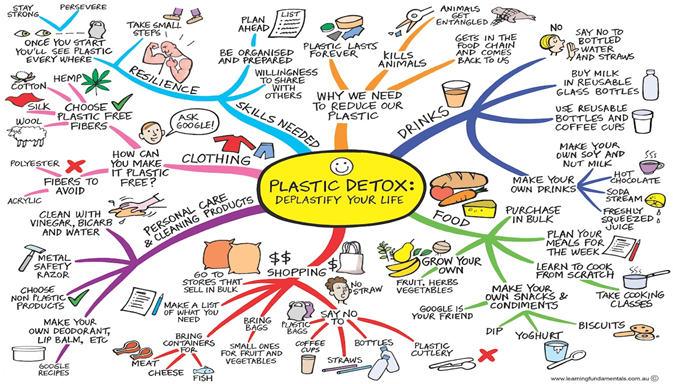
Zero Waste DIY Workshops
Living Lands & Waters has taken the conscious consumerism movement to heart and is offering free Zero Waste Workshops in our hometown. The goal of these workshops is to empower people to create their own products. We kicked off our first workshop of the series in January where we made deodorant, beard oil, sugar scrub and beeswax wrap cloths! It was a hit for all who attended. Participants were able to see firsthand how much plastic and money they would save in the long run simply by making their own products. We’d love to hear about your workshops or other efforts to reduce plastic!
It’s March, which means we are back on the barge for Alternative Spring Break! We’ll resume our Zero Waste Workshops when we return to HQ in the spring. Be sure to like and follow us on Facebook and Instagram for upcoming dates! Not in the Quad Cities? We’ll live-stream our workshops for our remote participants if the demand is there! Just leave a comment in one of our upcoming Facebook events, or send us a message!
